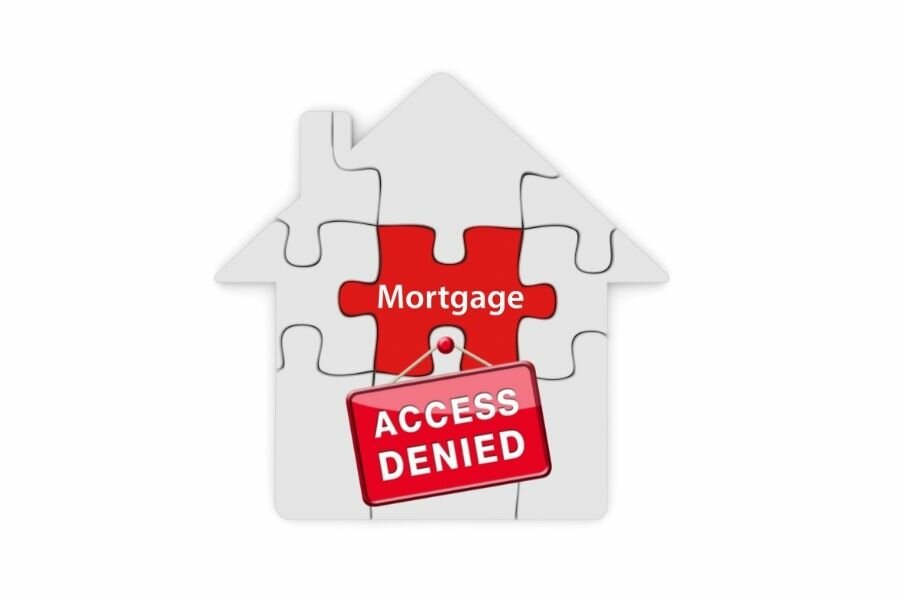What Happens When You Inherit a House with a Mortgage?
* Disclaimer: This is not legal advice. We are not attorneys, financial planners, or CPAs. This is for informational purposes only and is our opinion based on professional experience.
Key Takeaway: If you are the rightful heir and the bank denies you access to loan/mortgage information, record the call and ask if they’re aware the federal Real Estate Settlement Procedures Act mandates they must treat a successor in interest (you), the same as the original borrower and they cannot withhold loan information. After they answer, ask what you need to do to prove you are the confirmed successor in interest, so they will talk to you. If they still refuse, let them know you will file a complaint with the attorney general based on this law (only say this if you actually will file). Once you do file the complaint, send them a copy of it requesting they contact you to resolve the matter. Seek legal counsel if necessary.
Have you inherited a house with a loan or mortgage? Deaths are often unexpected and sudden. The majority of estates do not have a plan in place when a death occurs. When a person dies without a will or trust (this is called “intestate”), many families are left struggling to settle an estate while also coping with losing a loved one. Not only can this lead to an expensive and lengthy probate court case, but it can also lead to problems with knowing the state of the underlying mortgage on the house. Below we’ll discuss various consumer laws to help heirs/descendants to get the bank talking with you. As you’ll see below, in short, in most cases the bank must treat the heir similar to the borrower.

What Law Helps Heirs Communicate with the Loan Servicer After the Death of a Loved One?
Often times heirs have already gone through a lengthy probate case. They’ve likely either been paying the mortgage or trying to talk to the mortgage lender, but the lender isn’t releasing information about the mortgage to the legal heirs. Sounds unethical on the part of the bank, right? So, what do you do when they keep refusing to provide information?
Put them on notice. You catch more flies with honey than vinegar. You can be kind and assertive when doing this. Make it clear you don’t agree with their unethical practices, let them know you understand your rights, and inform them of the federal law (Real Estate Settlement Procedures Act (Regulation X) that states they must treat you (the heir), just as the borrower. This is outlined in federal statute 12 C.F.R. § 1024.30, as can be seen directly on the website of the CFPB (Consumer Financial Protection Bureau). A few things to note regarding this law.
What is a Successor in Interest?
A successor in interest is someone that has obtained an ownership interest in a property due to a qualified transfer. This could be through use of a will, trust (see 12 U.S.C. § 1701j-3, 12 C.F.R. § 1024.31, 12 C.F.R. § 1026.2(11)), transfer per probate ruling, beneficiary deed, or divorce. Most commonly, heirs after a death are successors in interest.
Essentially, the above referenced laws state a CONFIRMED successor in interest must be considered a borrower, regardless of whether the successor in interest assumes the mortgage loan obligation. This means they must provide information about the loan and under some circumstances, explore loss mitigation options, such as a loan modification, just as they would with the borrower. In the case of loss mitigation, they may require it to be the principal residence of the successor in interest to open an application, but this does NOT exempt them from disclosing loan information and accepting payments. If you’re in need of loss mitigation and it is not your principal residence, we NEVER suggest lying. We do, however, absolutely discourage volunteering unsolicited information (if they don’t ask, there’s no reason to tell them). This law does NOT force the successor in interest to assume the loan.
Won’t This Trigger the Due-On-Sale Clause?
Most modern mortgages and deeds of trust contain a due-on-sale or acceleration clause. While this clause states the existing loan balance CAN be made due in full, not only is it rarely enforced (when it is, it’s likely due to improper insurance coverage or missed payments), but the federal Garn-St. Germain Depository Institutions forbids this for certain transfers. Special trust transfers, certain transfers from a parent to child, and transfers to a relative upon a borrower’s death are all protected transactions, exempt from the due-on-sale or acceleration clause.
Do I Need to Assume the Mortgage Loan?
This could vary on state law, but in general, you do not need to assume the mortgage to be granted rights to the loan information. Previously, an heir could have been forced to assume the loan. In addition, in 2014 after the Dodd-Frank Act passed in 2010 as a result of the 2008 housing crisis, lenders had to prove a borrower’s ability to repay in order to allow a loan to be assumed or originated. Fortunately, the CFPB exempts heirs from this rule, which means they can NOT be denied the assumption of the loan based on their ability to repay. Based on the above laws, we do not recommend assuming the loan under normal circumstances. No need to assume the loan and take personal responsibility for it if the lender is required to communicate and accept payments just like the original borrower, right?
Need Help?
We have helped families in various circumstances, including inherited houses. Sometimes we buy the property. Other times we simply help in other ways, such as getting on a conference call with them and the bank. If you would like to discuss your situation and how we can best help (even if that’s just pointing you in the right direction), please fill out the form below or give us a call.

What Do You Have To Lose? Get Started Now…
We buy houses in ANY CONDITION in Missouri. There are no commissions or fees and no obligation whatsoever. Start below by giving us a bit of information about your property or call (636) 206-4997…
